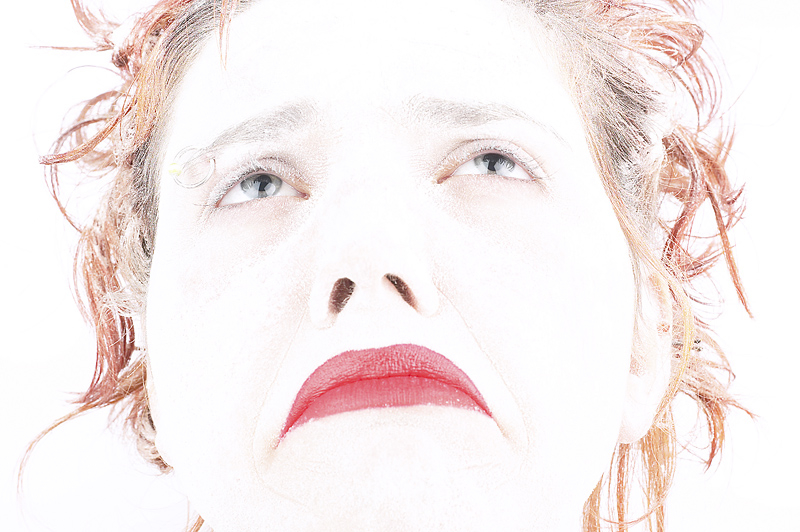I hope you’ll read this paper I co-authored with Dr. Abraham Nussbaum and Dr. Ingrid Binswanger in The American Journal of Psychiatry. We explain the case of a 29-year-old woman who presented with marijuana addiction, a history of depression and a history of suicidality.
Some main points this one case brightly and boldly underscores:
- Marijuana is physically and psychologically addictive. Reputable science no longer even debates this.
- Marijuana does not help mental health problems — and there is mounting evidence that it makes them worse.
- The associations between marijuana use and mental illness are numerous. As we wrote: “In the United States, marijuana is the most frequently abused illicit substance, with over 16.7 million Americans reporting past-month use, and it is identified as the primary substance of abuse in 17.1% of substance treatment admissions. A growing body of evidence associates marijuana use with an earlier onset and more adverse course of psychotic disorders.” It’s also worth noting that marijuana dependence and addiction is the No. 1 reason why adolescents are admitted for treatment in the United States — and that 95 percent of my patients are my patients because of their marijuana addiction. Referrals to my clinic have tripled since the rise of Colorado’s medical marijuana dispensaries in 2009.
- Marijuana use is linked to depression. Also from our paper: “… Longitudinal studies associate marijuana use with depression. While infrequent marijuana use does not appear to be associated with depressive disorders, the medicalization of marijuana encourages regular use, and regular use has a modest but significant association with depression that endures even after controlling for possible confounders. A recent prospective cohort study of 7,735 adults with no history of anxiety or mood disorders found that adults who used marijuana at the beginning of the 3-year study period were at an increased risk of having a first depressive episode (odds ratio=1.62, 95% CI=1.06—2.48) in comparison to nonusers, and this association was stronger with more frequent use. Animal models have found that both activation and blockade of the endocannabinoid system can lead to depression.



I appreciate your research findings. Too often i hear pwople speake about how marijuana is not addictive and how it has no negative 3on the brain. Its simply not true. We need more evidence based research like this
Thanks so much for the note. There is no debate: Marijuana/THC is addictive — and it can be harmful to brain development.